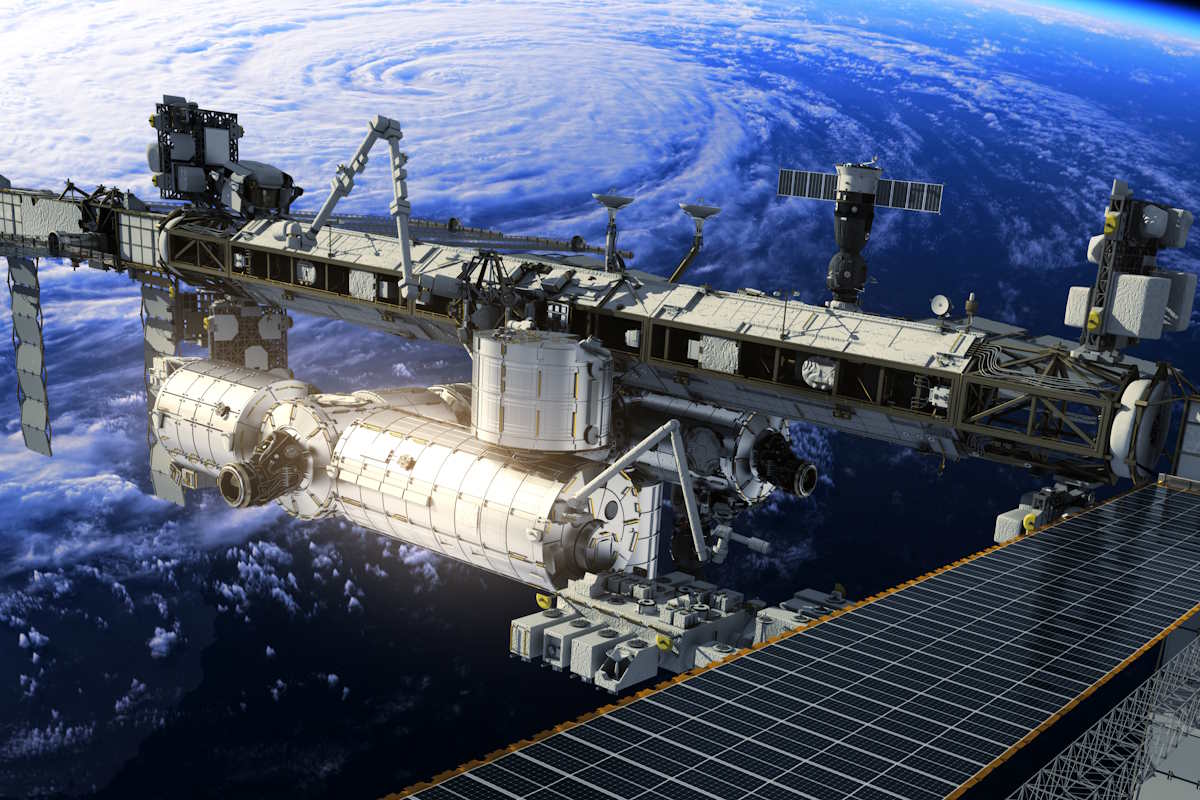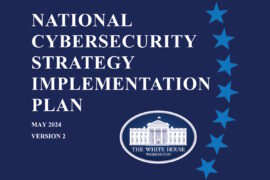House legislators introduce bipartisan bill to designate space as critical infrastructure

A group of bipartisan legislators has introduced legislation directing the Secretary of Homeland Security to designate space systems, services, and technology as a sector of critical infrastructure. The move would designate space as a dedicated sector of critical infrastructure, ensuring cogent security analyses of the space-based assets upon which society relies. The legislation is consistent with the Cyberspace Solarium Commission (CSC) 2.0’s recommendation that space systems be designated as a critical infrastructure sector.
Titled ‘Space Infrastructure Act,’ the legislation identifies that not later than 180 days after the date of the enactment of this section, the Secretary, in consultation with relevant agencies and departments of the federal government, the assistant to the president for Homeland Security and Counterterrorism, relevant federal advisory committees, and the executive director, shall issue guidance with respect to designating space systems, services, and technology as critical infrastructure.
The bill was introduced by California Aerospace Caucus co-chairs Ted Lieu, a Democrat from Los Angeles County, and Ken Calvert, a Republican from California, along with Representatives Salud Carbajal, a Californian Democrat, and Brian Fitzpatrick, a Republican from Pennsylvania.
The bipartisan legislation works on defining the scope of such a sector, with consideration of satellites and space vehicles, space-related terrestrial systems and launch infrastructure, space-related production facilities, and applicable information technology. It also seeks to designate a Sector-Specific Agency for such a sector; and identify appropriate committees and advisories to accompany such a sector, including government coordinating councils and sector coordinating councils.
Currently, the Department of Homeland Security (DHS) works to protect 16 critical sectors of infrastructure, including areas like water, communications, and energy. However, there is no singular sector that concentrates on space, causing the space industry to rely on collecting threat and security information from a patchwork of the 16 existing sectors.
“Space is infrastructure,” Rep. Lieu said in a media statement last week. “So many things we rely on, such as navigation systems, banking, and communications systems, function with the help of technology in space. Designating space as a critical infrastructure sector would help ensure the industry receives the attention and resources it needs, thereby strengthening our national security. I’m pleased to partner with fellow California Aerospace Caucus Co-Chair Ken Calvert as well as Representatives Carbajal and Fitzpatrick on this bipartisan endeavor to protect and preserve our assets in space for generations to come.”
“The Space Infrastructure Act designates our space systems as critical infrastructure and takes appropriate measures to protect them,” according to Rep. Calvert. “As our economy becomes increasingly reliant on the support of space-based systems and services, we must act accordingly to increase the safeguards that shield them from any potential threats.”
“Space operations are a critical part of day-to-day life in the United States – from communications satellites in orbit to the launch systems that put them there,” Rep. Carbajal said. “I’m proud to be part of bipartisan legislation that ensures assessments of our nation’s critical sectors reflect the role that space infrastructure has in our homes, our commerce, and our national security.”
“Our space-based assets are critical to our national security and economic stability,” Rep. Fitzpatrick pointed out. “As we navigate threats to our nation from our adversaries, it is important that we are forward-thinking in the protection of our critical infrastructure, which includes space. I am proud to join my colleagues on this bipartisan legislation to compel the Department of Homeland Security to properly designate our space systems and technology as part of our critical infrastructure sector.”
Suzanne Spaulding, a former undersecretary at the DHS and member of the CSC, said that there is no question that space systems, services, and technology meet the definition of critical infrastructure, given the impact their disruption could have on national security, economic security, and public health and safety.
“This legislation ensures that this vital sector gets the attention needed while giving the President and the DHS Secretary flexibility to structure the interaction between government and private sector in ways that meet the needs of the diverse entities involved,” according to Spaulding. “The bill implements an important recommendation of the CSC 2.0 and I hope Congress will move on it with the necessary urgency.”
“The Space Infrastructure Act is a solid step in the right direction. It’s reassuring to see Congress taking action on this front,” Frank Cilluffo, director at McCrary Institute for Cyber and Critical Infrastructure Security and member of the CSC. “By moving to designate space systems as a national critical infrastructure, the legislation is consistent with the April 2023 report of the Cyberspace Solarium Commission (CSC) 2.0 produced jointly with Auburn University’s McCrary Institute for Cyber and Critical Infrastructure Security, and the Foundation for Defense of Democracies.”
Cilluffo added that the legislation reflects the reality that U.S. national and economic security are inextricably intertwined with space infrastructure and we need to organize and resource ourselves accordingly. “The sooner we do so, the better because our adversaries are already marching forward in space, honing their capabilities and working to advance their geopolitical and geostrategic positions.”
“Space Foundation has openly supported designating space systems, services and technology as a critical infrastructure. This simple step could make a tremendous difference in allowing the Department of Homeland Security to develop policy, conduct interagency coordination, and program resources to protect space and safeguard space-based assets that are vital to our national security and economic prosperity,” according to Thomas Dorame, senior vice president at Space Foundation. “Currently, there are sixteen defined critical infrastructure sectors; space-based assets should absolutely be among them.”
The U.S. Department of State released in May a framework to promote and explain the nation’s policy on cybersecurity and information and communications technologies (ICTS) in space, space-related critical infrastructure security and resilience, and space asset resiliency on the international stage.
Last week, the National Institute of Standards and Technology (NIST) published a final document that provides a general introduction to cybersecurity risk management for the commercial satellite industry as they seek to start managing cybersecurity risks in space. While the NIST IR 8270 document is not comprehensive in terms of addressing cybersecurity risks to commercial satellite infrastructure, it presents basic concepts, generates discussions, and provides sample references for additional information on pertinent cybersecurity risk management models.










